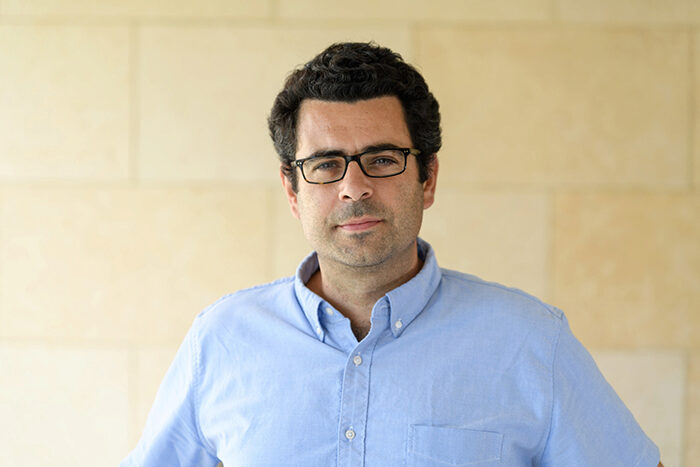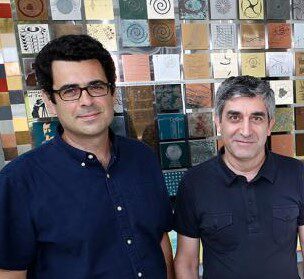
July 30, 2020
Costas Arvanitis, assistant professor in the Woodruff School of Mechanical Engineering and the Wallace H. Coulter Department of Biomedical Engineering at Georgia Tech and Emory University, has been recipient of an R37 MERIT Award (up to $3.5 million) from the National Cancer Institute of the National Institutes of Health (NIH). He’s the first MERIT awardee at Georgia Tech.
The MERIT Award provides long-term grant support to investigators whose research competence and productivity are distinctly superior and who are highly likely to continue to perform in an outstanding manner. MERIT awardees cannot apply for the award; they are nominated by NIH from a large pool of competing award recipients and then endorsed by an institutes' advisory council, as in Costas' case.
With the MERIT Award NCI intends to give Arvanitis flexibility, encouraging creativity and innovation as well as additional time to successfully launch his career. After the initial five-year $2.5M award the Arvanitis team will have the opportunity for an extension of up to two additional years of support based on an expedited NCI review.
“I am thrilled to receive this award," said Arvanitis, a researcher in the Petit Institute for Bioengineering and Bioscience. "It will not only support my lab but also an exceptional team of investigators that I am privileged to be working with."
Arvanitis and his team will combine novel closed-loop image guidance methods with quantitative assessment of the secretion of cancer soluble biomarkers, such as circulating tumor DNA, in body fluids to longitudinally assess Focused Ultrasound (FUS) targeted drug delivery and monitor the response to therapy. The proposed work, which will critically advance FUS technology, aims to address critical barriers to the progress of noninvasive delivery of anticancer agents in brain tumors while facilitating the translation of this potentially transformative technology to clinics.

This project builds on the K99/R00 award that Arvanitis received in 2014 from NIH and a 2016 seed grant on ultrasound liquid biopsy by the Giglio Family funds. The effort brings together expertise in mechanical and electrical engineering, acoustics, drug delivery, gene sequencing, and cancer therapy to enable more precise, more targeted, and more effective therapies against brain tumors, such as glioblastoma, the most prevalent and most aggressive glioma variant with a median survival of only 15 months.
Arvanitis, who joined Georgia Tech in August 2016, focuses his research on ultrasound biophysics, and his lab’s overarching goal is the discovery of novel therapeutic interventions against human disease and their successful translation to clinics. His lab is particularly active in the field of cancer research, conducting fundamental investigations on ultrasound and microbubble-meditated mass transport in brain tumors, and developing computational tools to support the more rational design of focused-ultrasound-based treatment of brain cancer.
